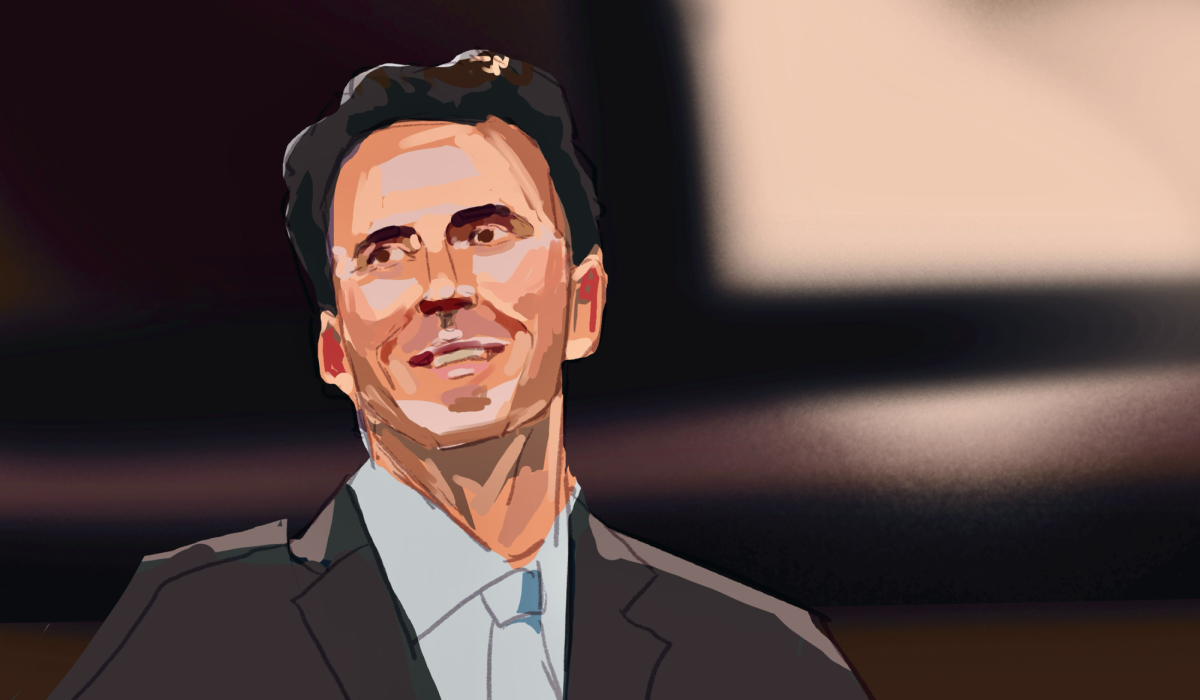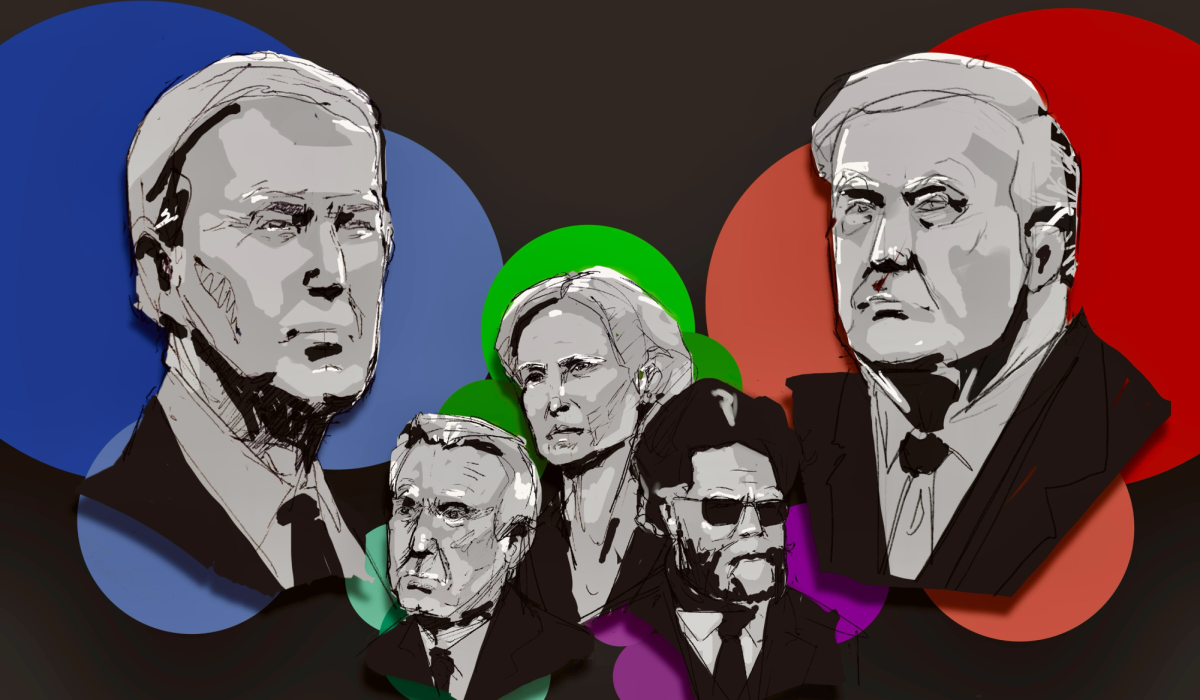Herbert F. York, a nuclear physicist and the founding chancellor of UCSD, was named a recipient of this year’s Enrico Fermi Award by President Clinton for his extensive work in nuclear deterrence and arms control agreements.
The Enrico Fermi Award annually recognizes individuals who have made great efforts and contributions in the field of nuclear deterrence and arms control agreements. Established in 1956, it is the government’s oldest science and technology award. It is named for Enrico Fermi, who led the group of scientists at the University of Chicago that achieved the first self-sustained, controlled nuclear reaction in 1942.
York is one of three scientists who will receive the award on Dec. 18. He will be joined by Sidney Drell, a physicist at the Stanford Linear Accelerator Center, and Sheldon Datz, a physicist at the Oak Ridge National Laboratory.
“”These scientists have made important scientific contributions in the fields of chemistry and physics,”” Clinton said in a press release. “”Their pioneering work in the very complex area of arms control has benefited our nation and the world.””
The award will be presented by Secretary of Energy Bill Richardson in Washington. In addition to receiving a gold medal, each scientist will also get a $66,000 honorarium.
“”[York] is the perfect choice for this award,”” stated UCSD Chancellor Robert C. Dynes. “”He has devoted most of his life to assuring the responsible stewardship of nuclear weapons in the United States and has been the voice of reason for the last half century in the management of this country’s nuclear weapons arsenal.””
York founded the UC Institute on Global Conflict and Cooperation in 1983. He is currently the emeritus director of the institute.
“”[York] recognized that building peace was more than controlling arms,”” stated Peter F. Cowhey, the director of the Institute on Global Conflict and Cooperation and a professor of international relations at UCSD. “”His capstone experience at the University of California was his pioneering leadership of the university’s Institute on Global Conflict and Cooperation. The Institute’s work brings together work on arms control, conflict resolution, economic cooperation and environmental stewardship in an effort to build an intellectual foundation for the ‘long peace’ that [York] wished for the world.””
Among York’s other achievements are that he was the first director of the University of California’s Lawrence Livermore National Laboratory, a science advisor to President Eisenhower and a co-founder and first chief scientist of the Advanced Research Projects Agency.
York was also the ambassador and chief negotiator for the Comprehensive Test Ban Negotiations under President Carter and has headed efforts to reduce international tensions through deterrence and negotiated arms control agreements.
In the official citation for the award, the White House acknowledged York “”for his participation in the formulation, conduct, promotion and explication of arms control policy; for his participation in the Manhattan Project; and for his founding direction of the Lawrence Livermore National Laboratory; and his leadership in research and engineering at the Department of Defense.
His publications have set forth with clarity and simplicity an understanding of the issues involved in all these actions. He has dedicated decades of his life to the informed advocacy of sensible choices in nuclear weapon systems and to the reduction of the nuclear threat.””
In addition, the White House commended York for his influence that has extended “”beyond the halls of government. His work as an educator and author introduced several generations of Americans to the best thinking on the history, science and politics of nuclear weapons development and arms control. His writings are among his most enduring contributions to society’s understanding of peace and security issues.””
York has penned six books to date. They include “”Arms Control; The Advisors: Oppenheimer, Teller and the Superbomb;”” “”Race to Oblivion: A Participant’s View of the Arms Race;”” “”Making Weapons, Talking Peace: A Physicist’s Journey from Hiroshima to Geneva;”” “”A Shield in Space? Technology, Politics and the Strategic Defense Initiative;”” and “”Arms and the Physicist.””







